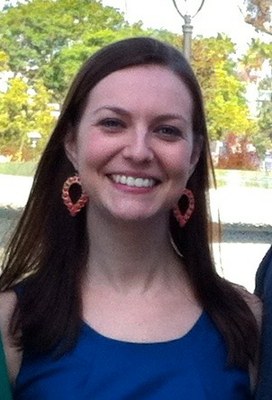
Hilary Galloway-Long published her dissertation titled Ahead of the (ROC) Curve: A Statistical Approach to Utilizing ex-Gaussian Parameters of Reaction Time in Diagnosing ADHD Across Three Developmental Periods in fall 2021. Hilary continues in her postdoctoral fellowship in clinical neuropsychology at the VA Puget Sound, American Lake Division, in Tacoma, Washington. While Hilary’s work is primarily in providing direct clinical care, she is also participating in ongoing research regarding neuropsychological assessment and cognitive rehabilitation.
Hillary completed her clinical internship at the University of Kansas Medical Center and graduated from Penn State’s Child Clinical Psychology doctoral program in August 2020. Her dissertation explored translating two modern cognitive research methods into clinical diagnostic tools. It included three different datasets from labs in the psychology and kinesiology departments and looked at possible developmental differences in these measures during kindergarten, middle elementary, and college ages. During graduate school, Hilary’s primary research interest focused on examining challenges in translating modern research methods into clinically applicable assessment tools for use with children’s attention issues. Her mentor was Dr. Cynthia Huang-Pollock. Hilary collected participant data, provided clinical feedback to families, and spent time supervising the administration of the Preschool-Age Psychiatric Assessment (PAPA) and the Conners’ Adult ADHD Diagnostic Interview (CAADID). Hilary received her bachelor of science in psychology from Lewis & Clark College in Portland, Oregon. Following her undergraduate work, she became a research assistant and data manager at the Oregon Health & Science University under Dr. Joel Nigg, Professor of Psychiatry, Pediatrics, and Behavioral Neuroscience. Hilary gained valuable research experience as an undergraduate and during her three years in Dr. Nigg’ lab.
The Strumpf Scholar Award allowed Hilary the opportunity to expand her research and assessment skills through a collaboration with Dr. Kristina Neely’s Brain and Behavior lab. Hilary investigated movement neuroscience, i.e., how the brain controls movement. She also studied neuropsychological measures and functional and structural MRI and DNA data. Hilary was grateful for the Strumpf Scholar Award and feels she gained valuable knowledge which will translate into a fulfilling career focused on serving the needs of both researchers and clinicians.